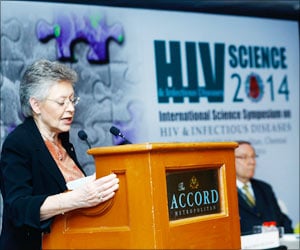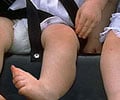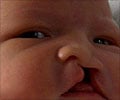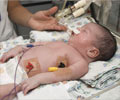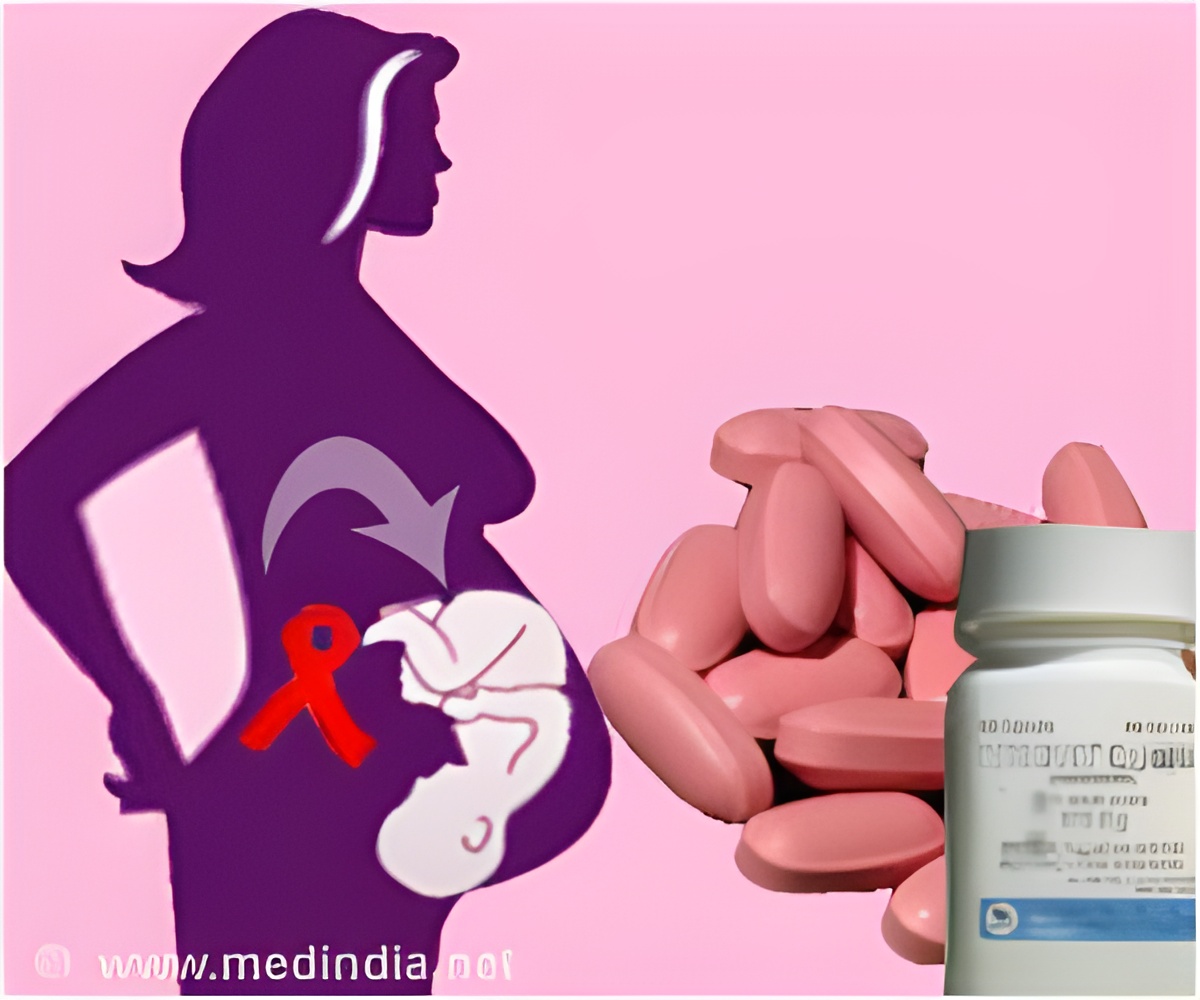
Although limited by the absence of data on termination of pregnancy, stillbirths, tobacco and alcohol intake, and concomitant medication, the authors found a small increase in the risk for heart defects in children exposed to zidovudine using both classification systems (an absolute risk of +1.2%) and a possible association between efavirenz exposure and neurological defects, but only when using the MACDP classification system (an absolute risk of + 0.7%).
The authors found no association between several other antiretroviral drugs, including nevirapine (a drug in the NNRTI family, like efavirenz); tenofovir, stavudine, and abacavir (drugs in the NRTI family, like zidovudine); and lopinavir and ritonavir (drugs in the protease inhibitor family) and any type of birth defect.
The authors stress: "Whatever the impact that some [antiretroviral] drugs may have on birth defects, it is surpassed by the major role of [antiretroviral therapy] in the successful prevention of mother-to-child transmission of HIV."
In an accompanying Perspective, US experts Lynne Mofenson from the National Institutes of Health and Heather Watts from the Office of the Global AIDS Coordinator say: "While the Sibiude study raises some important questions, given the enormous benefits of maternal antiretroviral drugs, the unclear clinical significance of the heart defects and the lack of a specific pattern of CNS defects with efavirenz, no change in prescribing practices is indicated, but continued surveillance is critical."
Source-Eurekalert

